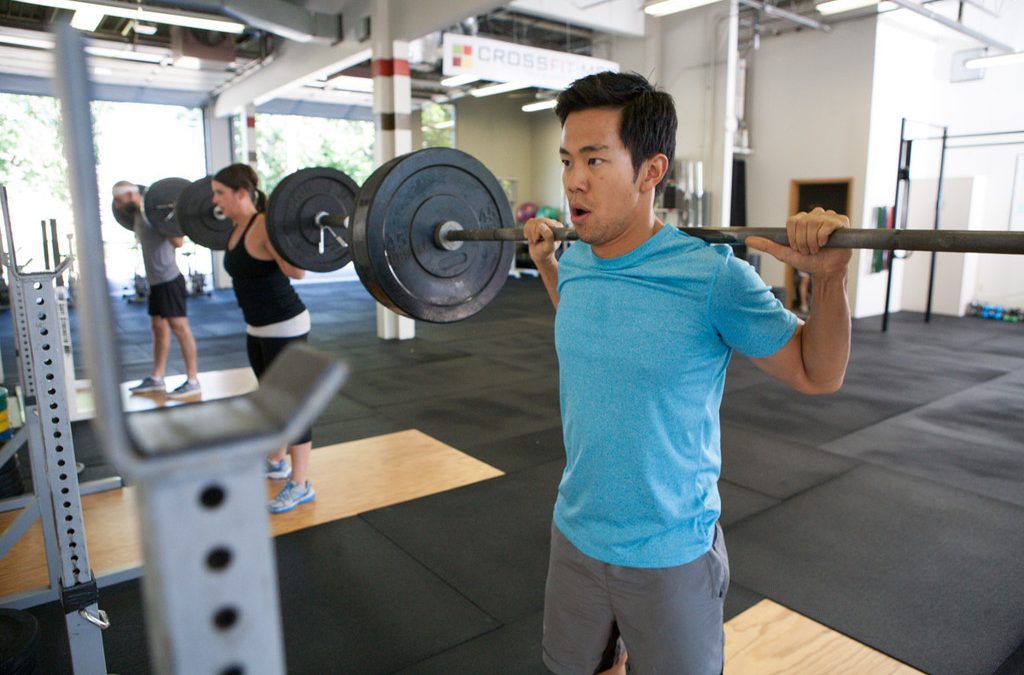This past year, I finished listening to a book by Charles Duhigg called The Power of Habit: Why We Do What We Do in Life and Business. While the book looks at many things relatable to business and life, I discovered this truth I’d like to share with you:
Hard things look easy for successful people not because those things are inherently easy, but because successful people have made those “hard” things habit.
 When successful people are observed, people often thrown around subjective percentages. An individual’s performance could be chalked up to 50% genetics, 40% skill, and 10% hard work — or something to that effect. While an person’s qualities and attributes can be argued and observed, this book helped me recognize that those who are successful aren’t exclusively in debt to their parent’s chromosomal make up. No, the people we so envy for their professional, or even physical, prowess owe a large part of their success to making the mundane habitual.
When successful people are observed, people often thrown around subjective percentages. An individual’s performance could be chalked up to 50% genetics, 40% skill, and 10% hard work — or something to that effect. While an person’s qualities and attributes can be argued and observed, this book helped me recognize that those who are successful aren’t exclusively in debt to their parent’s chromosomal make up. No, the people we so envy for their professional, or even physical, prowess owe a large part of their success to making the mundane habitual.
In the book, the author draws this point from a discussion on levels of brain activity while performing certain tasks. The first time we perform any task, say it’s tying your shoes as a five-year-old, your brain activity is off the charts. Yet, with each subsequent exposure to that activity, brain activity lowers. In the case of tying shoes, I stand to reason that you are no longer sporting kicks fastened by velcro (no judgement if so). With kindergarten in your rear-view window, tying your shoes is now something you do on auto pilot. This automation is a habit and it gives you more mental, psychological, emotional, and intellectual bandwidth for other areas of your life.
Through this observation, I’m learning that the difference between okay and excellence isn’t unattainable. I’m seeing more and more that getting a grasp on the small things, the little details, the idiosyncrasies that I perform each and every day can make up the difference between mediocrity and mastery.
So ask yourself, what are some things that I could put on auto pilot? What are some things that currently act as minor stressors, tiny daily interruptions? Is there anything mundane that I could make more habitual and less hectic? Is there something limiting your overall productivity in life or in work that could be put on cruise control?
I, and as the author also suggests, would recommend creating systems. Your morning routine can be such a system. Every A.M., when the alarm clock goes off, you perform a sequence of action similar as able to the previous days. No mad dash, no volatility. You simply take care of basic hygiene, dress, make breakfast, and leave for work.
A second system would be the habits you perform once at your workplace. Do you kick the day off with a very routine series of events? Or, do you find yourself struggling to answer emails between all the chatting at the coffee station and loitering after morning focus groups. Duhigg recommends heading to your workspace, tasking the morning’s agenda, answering emails for a set amount of time, and pre-planning intermittent breaks. This way, whittling away at the tasks of the day have purpose and clarity. They match a daily habit established by you. Picture how empowering it could be to put answering emails on a sort of auto pilot? Causing an action to use lower levels of brain activity is only going to happen if you make that action a habit.

When life gives you lemons, you destroy your work computer.
So play with the concept a little. Pick something, not everything, making one or two things more habitual this coming week. Select a system in your professional or personal reality and make it a little more orderly. My hope is that after a few weeks of implementation, you can look back on a bounty of minutes and hours saved or repurposed. Happy Habit-ing!



